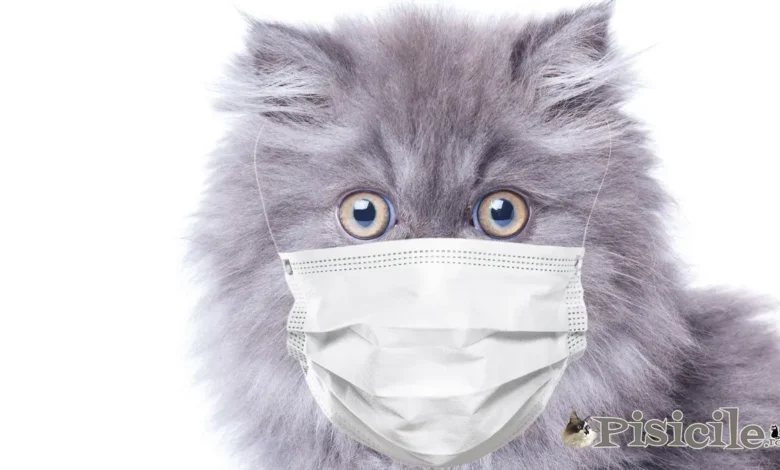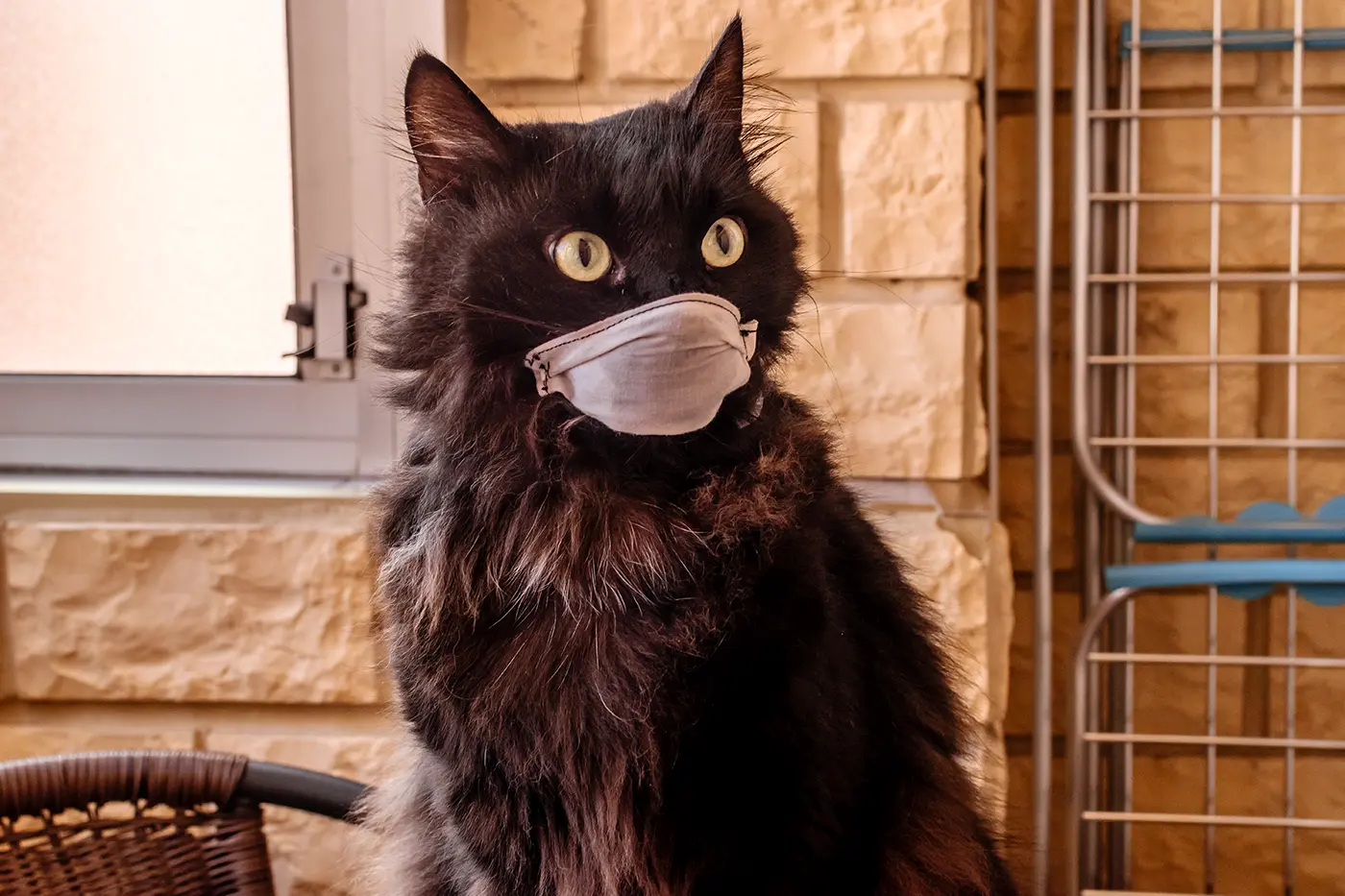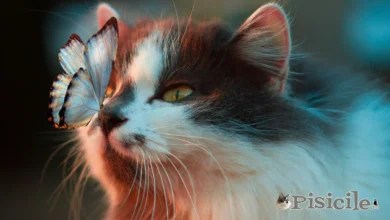
Even though the COVID pandemic is new this century, the coronavirus has been around for a long time, and not just in humans. We find coronaviruses in cats and many other animals.
"Coronavirus" became at the beginning of 2020 a nightmare for the whole world. Many people were under the impression that this coronavirus is a total novelty and that this is the name given to the virus that currently affects hundreds of thousands of people around the world. In reality, "coronavirus" is a family of viruses that resemble each other in their circular/spherical shape and have crown-shaped ends. Where does the name coronavirus come from?
Over the years, coronaviruses have affected humanity before, but not to such a large extent.
Between 2001 and 2003 was the coronavirus SARS (Severe Acute Respiratory Syndrome) with proven bat origin. There were just over 8,000 people infected with SARS and 744 deaths in 17 countries.
In 2012, another epidemic caused by a coronavirus reappeared, but this time the new type was much more aggressive in fatality. The coronavirus MERS (Middle East Respiratory Syndrome) caused 858 deaths out of 2,500 infected people. And this time, the origin of the coronavirus MERS indicated a bat species from the Middle East. With the mention that this time, the passing of the coronavirus SARS from bat to man was done by means of camels.
In 2020 we are facing a new coronavirus which this time has a very high contagiousness, affecting hundreds of thousands of people around the globe. We are talking about a pandemic caused by the COVID-19 coronavirus or SARS-CoV-2, as it is also called. According to the data at the time of editing this article, there are almost 400,000 infected people and almost 17,000 deaths globally. The pandemic is in full swing.
Coming back to cats, you should know that this new coronavirus (SARS-CoV-2) is not transmitted from humans to cats and not vice versa. Veterinarians know the term "coronavirus" very well, because cats also have their own epidemics caused by the coronavirus. In the case of cats, two main types of coronavirus are known: the enteric coronavirus and the coronavirus that causes PIF (Feline Infectious Peritonitis). None of these types of feline coronavirus are transmissible to humans.
Subject
What is coronavirus in cats (feline coronavirus) and what are the symptoms?
That's right, feline coronavirus can affect cats of all ages. From mature cats to kittens, and the fatality is very high among those infected with the coronavirus that causes FIP (Feline Infectious Peritonitis). Fortunately, this type of feline coronavirus occurs in a very small percentage in cats.

Transmission of the feline coronavirus that causes FIP is only through direct contact of the cat with infected faeces. So it is unlikely that this coronavirus will appear in a cat kept only in the apartment and that does not have contact with the shoes of the owners.
The coronavirus that causes PIF is considered a mutated form of the enteric coronavirus. The enteric coronavirus occurs in the intestines, where it finds an environment conducive to reproduction, and in the most severe cases it can cause diarrhea. It is a treatable and non-life threatening form of the virus.
What scientists fail to understand is how a relatively benign strain of this coronavirus could turn into a deadly one called PIF (or Feline Infectious Peritonitis (FIP)).
This mutant coronavirus can cause two types of PIF. Dry Feline Infectious Peritonitis, when it manifests itself through nodular outgrowths (granulomas) on the internal organs and Wet Feline Infectious Peritonitis, when fluid appears in the abdomen and chest cavity. Both types of PIF they are fatal.
Symptoms of FIP (Feline Infectious Peritonitis)
Cats suffering from FIP can have a range of symptoms, from diarrhea to fever, vomiting, loss of appetite and seizures in advanced stages.
However, you should not rely solely on these symptoms to diagnose your cat. Veterinarians have the necessary equipment to identify the presence of this coronavirus in your cat. However, there is a problem. Tests for feline coronavirus cannot differentiate between enteric coronavirus and the coronavirus that causes PIF. In this scenario, the veterinarian will make the diagnosis based on the symptoms and the result of the coronavirus test.
Unfortunately, there is no cure for Feline Infectious Peritonitis. All you can do is maintain the feline's quality of life as long as possible. Vaccination for colds and flus developed by cats has not always been effective either.
Vaccines for calicivirusul felin (FCV) or feline herpesvirus (fHV), as well as for feline panleukopenia virus (FPV) and feline leukemia virus (FeLV), are not effective in protecting the cat against the coronavirus that causes PIF.
However, there are a number of vaccines that your vet can recommend depending on your cat's specific needs.




2 Comments